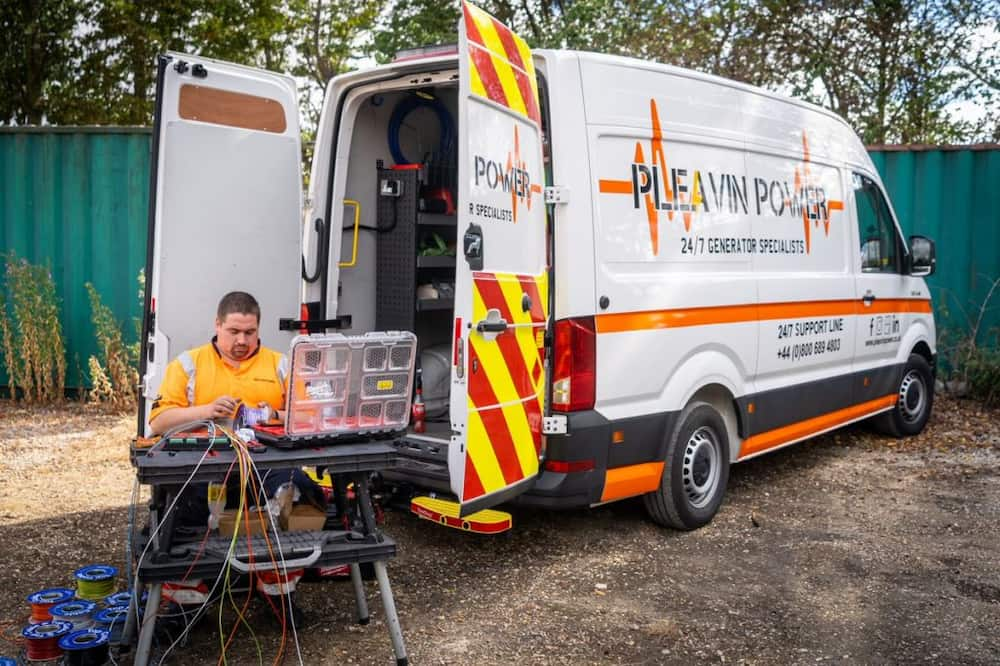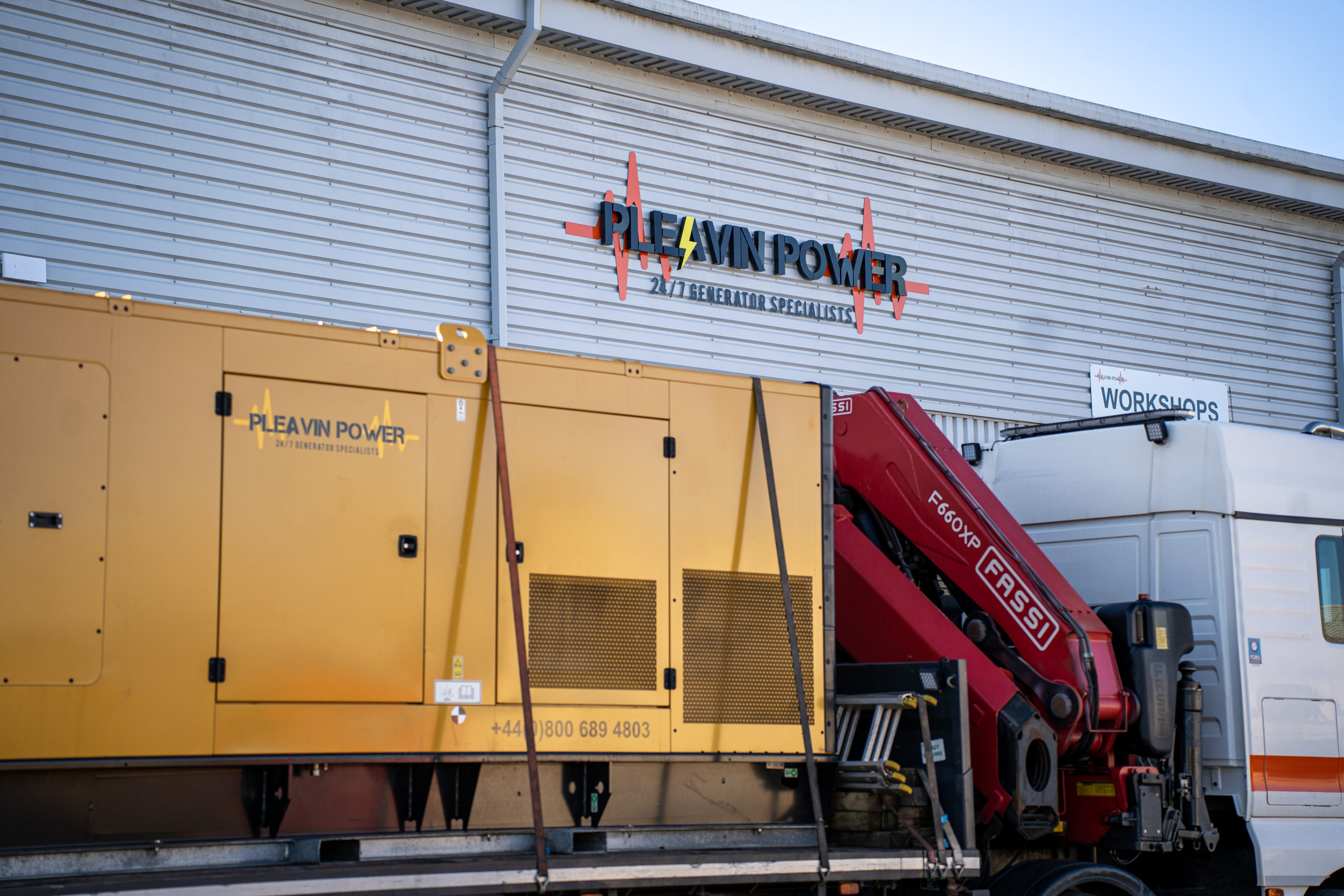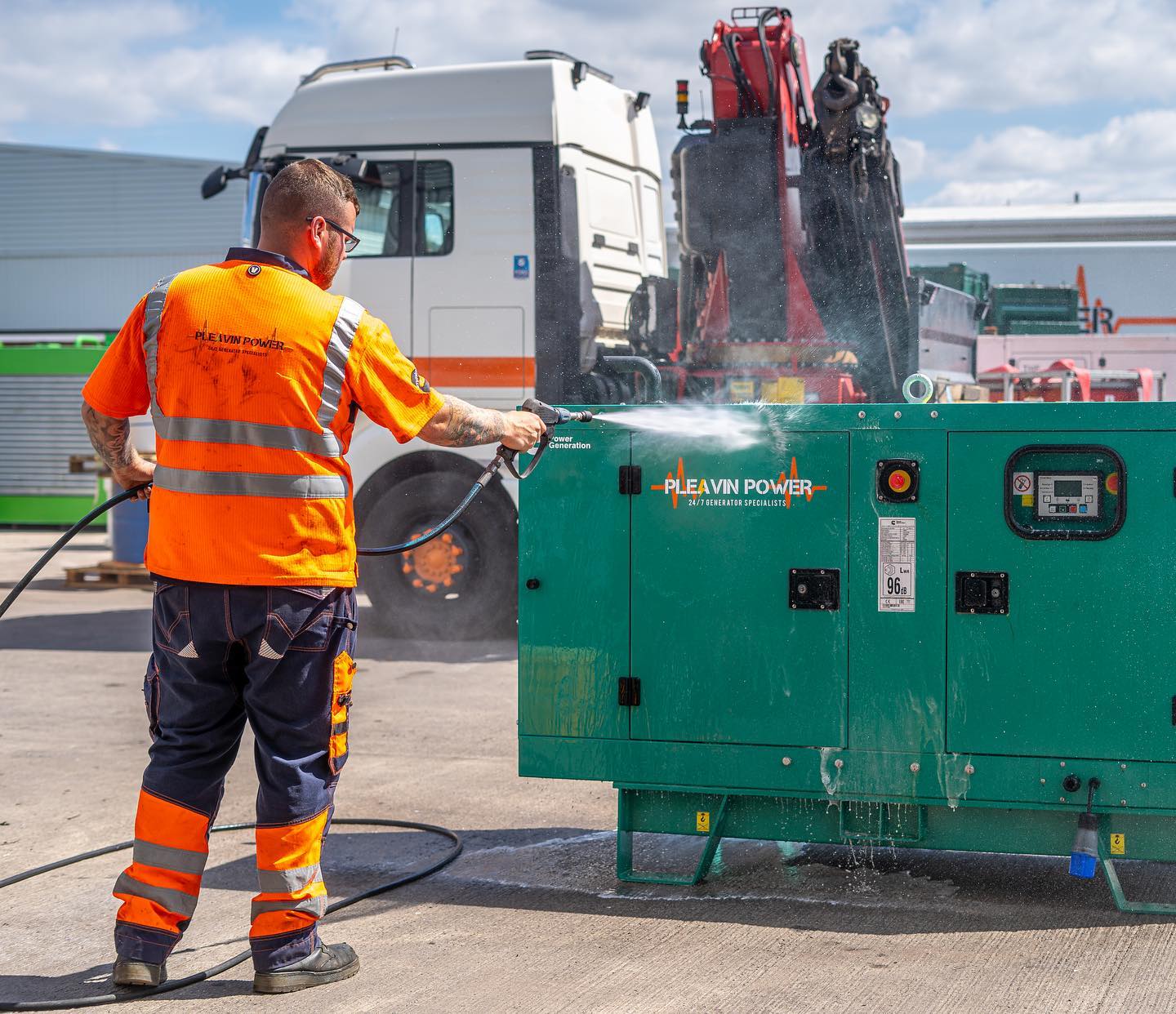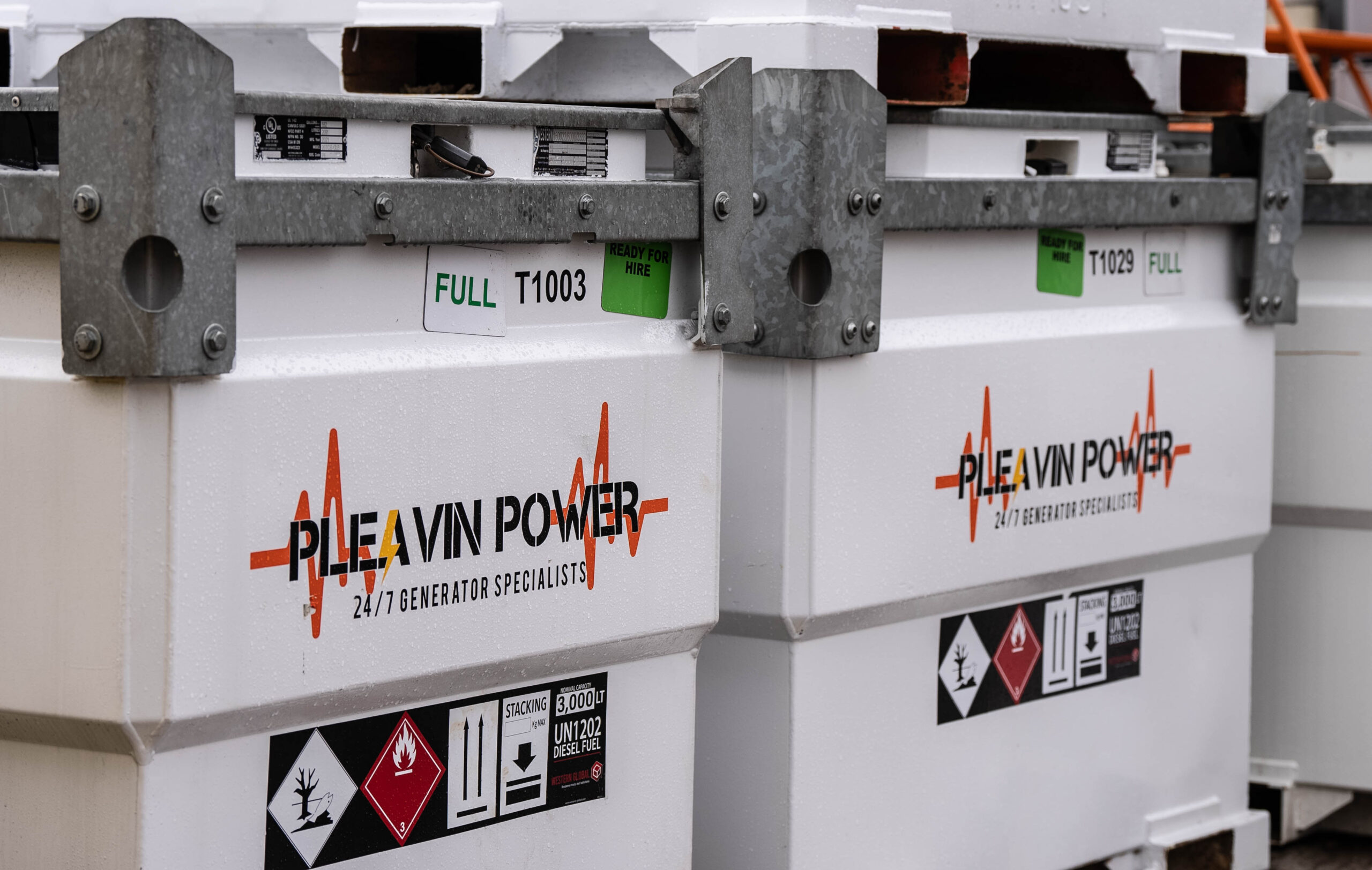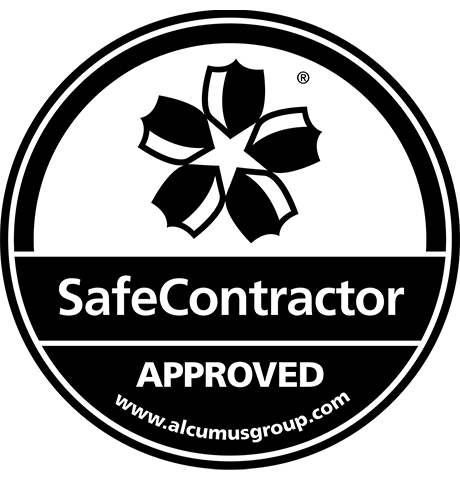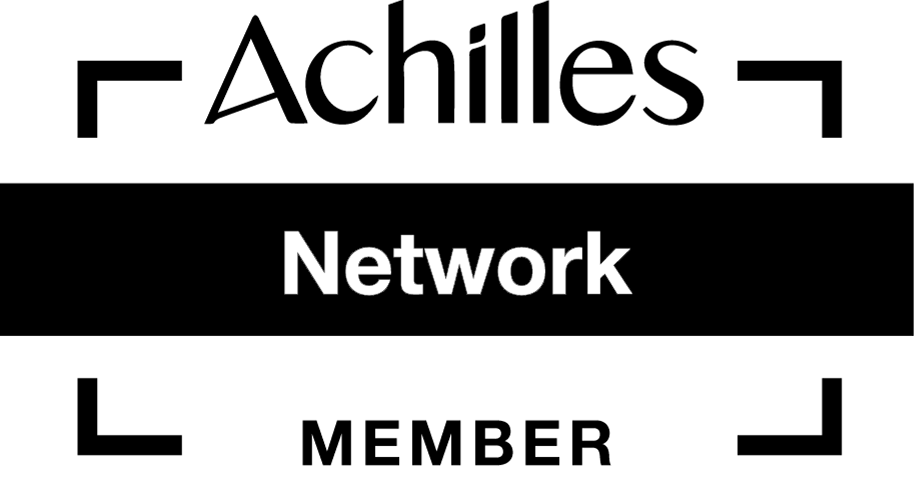Your generator is something that you need to be able to rely on during difficult situations such as an emergency blackout in your area or scheduled maintenance that could affect power.
Many households need the power to get through their everyday life, as power going down could cost them dearly – for example, freezers stopping working leading to spoiled food and the risk of water damage. Not to mention that you have a much happier household when there is power for everyone!
That means when these situations arise, your generator should be there for you after all they are known for being highly reliable and durable pieces of equipment but they do come with the risk of potentially failing – you do not want your backup power source unavailable when the time comes.
That’s why it’s crucial that you keep your generator in its best condition. One of the ways of doing that is looking out for any potential signs that your generator needs to be repaired.
You can spot these signs by doing routine checks on your generator by looking out for these signs, you can make sure that your generator is always there for you and even save money by not having to shell out for high-cost repairs as you will have spotted them before they worsen.
Not Producing Enough Power
Have you discovered that your generator is not producing enough power or that it is getting nowhere near the power that it should be able to produce? You should regularly check your generator’s power flow – if you have noticed this problem, then it could be something to do with the control panel.
You should never attempt to repair the control panel of a generator if you are not fully qualified and experienced in the matter. If you attempt to repair this sort of thing by yourself, you run a massive risk of not only damaging your generator to the point where it could be out of service but you could potentially hurt yourself. Always seek out a professional team to fix your generator, if you notice that it has a low power flow.
Wear & Tear On Electrical Components
If you use your generator frequently or have had it for a certain period of time then more than likely it will begin to show signs of wear and tear. You can observe visually many electrical components of your generator – spotting signs like these should be able to tell if you need a repair:
- Frayed Wiring
- Damaged Or Missing Control Knobs
- Your Connectors Are Detached
If you currently notice signs of wear and tear on the electrical components of your generator then you should alert a generator repair service. Electrical damage can be hazardous if left – and the longer you leave it means that you will be paying for more repairs.
Wear & Tear On Body Of The Generator
Again, using your generator often or storing it for a long amount of time then you’ll start to have signs of wear and tear on the body of your generator. You could have gotten these from anything from dropping something on your generator, hitting it against a wall when moving it and more.
More than often, damage on the outside of your generator is rarely a problem but you should still fully inspect components such as hoses, wires or fuel lines on the off chance they could need a repair.
Low Battery
Just like your car, when it isn’t used often, the battery inside starts to grow weak; the same applies to your generator. You should be running regular checks on your generator battery, you can do this by doing tasks like this:
- Use A Voltmeter To Check Voltage
- Inspect For Corrosion Around Cables
- Clean Your Battery With A Wire Brush
If the battery inside your generator is over three years old then it is an industry standard that you seek out a replacement to increase the lifespan of your generator.
Internal or External Leak
You may have already noticed something as obvious as an internal or external leak coming from your generator but some can be minuscule and go undetected for a long time. A big sign that there is leakage coming from your generator is puddles of fluid that resemble a rainbow with a film on top – this is either oil or coolant.
If there is a leak coming from a generator then you may also start to pick up the smell of gas coming from it. If you suspect that your generator is leaking then it is recommended that you move it to a well-ventilated area for safety then check your fuel lines and hoses for any signs of holes, cracks or tears.
It is dangerous to even attempt to run a generator while it is leaking so you must find what is causing it to leak right away and reach out for a repair.
Generator Won’t Start
Our final sign and quite possibly the most obvious one on the list is that when you’ve tried to start your generator, it won’t work.
It is very annoying for your generator to suddenly stop working when you need it the most and we can’t just pinpoint one reason why your generator won’t start as there are a few potential reasons that are causing your generator to not work.
Some of these reasons are:
- No Gas In The Tank
- Low Oil Level In Crankcase
- Your Choke Is Not Closed
- Fuel Valve Is Clogged
- Spark Plug Is Needed To Be Replaced
- Battery Has Died
- Dirty Air Filter
If you have inspected your generator and are still unsure about what is causing it not to start then reach out to a generator power team who will be able successfully to find the reason and repair it.
Conclusion
Spotting these signs means you’ll be able to repair your generator and keep it running in tip-top condition. It can be dangerous to attempt most repairs by yourself so reach out to an expert generator power team like the one here at Pleavin Power – who successfully repair hundreds of generators a year.

